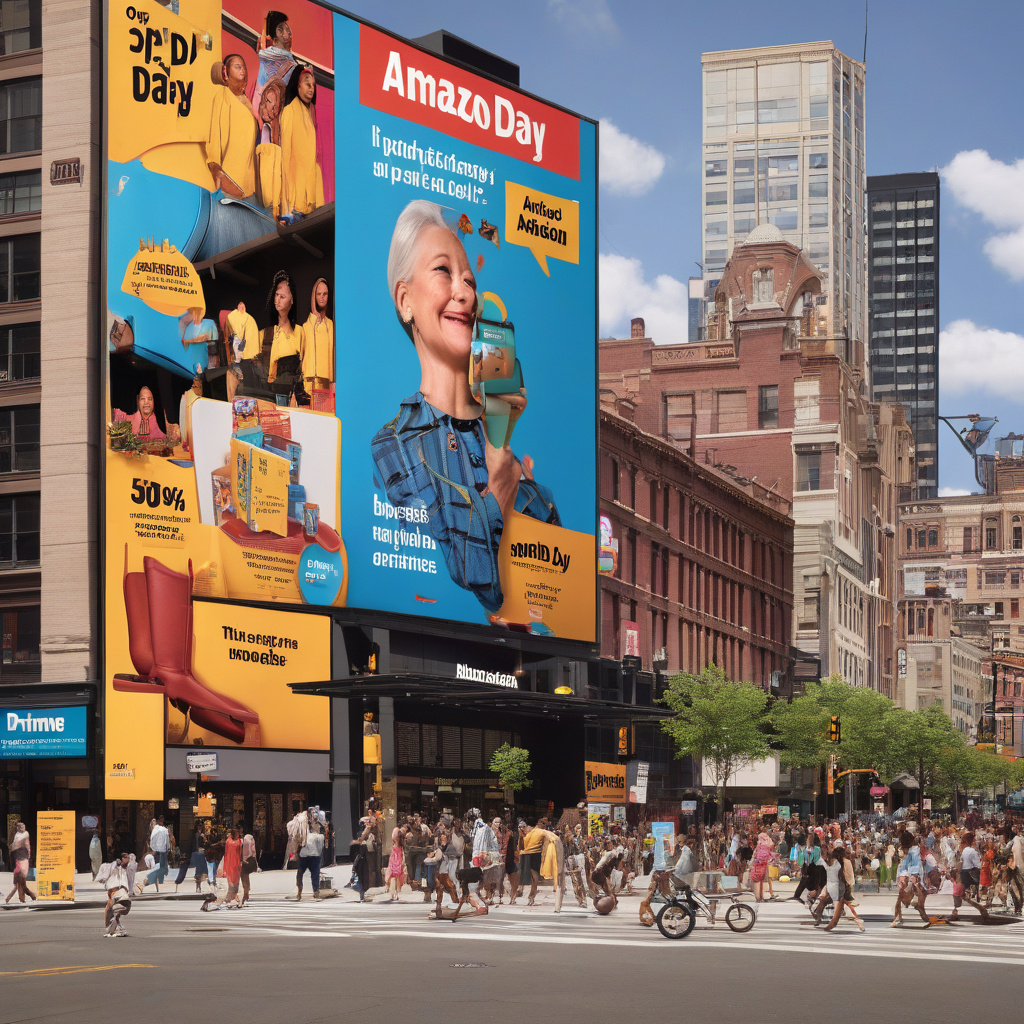Op-Ed | Amazon Prime Day Is Past Its Prime
Amazon Prime Day has become an annual spectacle for shoppers and retailers alike, marking a mid-year sales event that typically generates immense buzz. While this year’s Prime Day did not turn into the disaster some had anticipated, there are still significant indicators that suggest the event may no longer hold the same allure it once did. Andrea Felsted’s insights offer a critical perspective on the current state of consumer behavior and Amazon’s future in the retail landscape.
First, it is essential to acknowledge that Prime Day 2023 was not the cataclysmic event that some analysts had predicted. Given the mounting pressures on consumer spending—stemming from inflationary concerns and economic uncertainty—many observers were bracing for a lackluster performance. Instead, Amazon reported solid sales figures, indicating that shoppers were still willing to open their wallets for discounts, even in a tightening economy.
However, a closer examination reveals that the allure of Prime Day may be waning. Once considered the hallmark of online shopping excitement, consumers appear to be becoming increasingly discerning about their purchases. The initial thrill associated with Prime Day seems to be overshadowed by a more cautious approach to spending. Shoppers are now more likely to conduct price comparisons, seek out the best deals, and wait for sales that extend beyond the traditional Prime Day window.
One significant sign of this shift is the growing competition in the retail space. Other retailers are no longer sitting idly by while Amazon dominates Prime Day. Events like Target’s Deal Days and Walmart’s Big Save Event have emerged as viable alternatives, providing consumers with attractive discounts and incentives to shop elsewhere. This trend has led to a more fragmented retail landscape, where consumers are no longer tethered to a single event or platform for their shopping needs.
Furthermore, consumer sentiment is shifting, influenced by broader economic factors. The ongoing debates surrounding inflation, interest rates, and potential recession fears have led consumers to reassess their spending habits. While Prime Day may still attract a segment of enthusiastic shoppers, the urgency and excitement that once characterized the event appear to be diminishing. Many consumers are now prioritizing essential purchases over luxury items, and this shift in priorities affects sales figures across the board.
Moreover, the effectiveness of deep discounts in attracting new Prime members is also in question. While Amazon has traditionally leveraged Prime Day to entice shoppers to sign up for its subscription service, the allure of exclusive deals may not be as compelling as it once was. As consumers become more selective, the value proposition of Amazon Prime may not resonate as strongly, leading to stagnation in membership growth.
On the technological front, Amazon’s advancements in artificial intelligence and data analytics have enabled it to tailor its offerings more effectively. However, as competition intensifies and consumer preferences evolve, relying solely on technology for customer engagement may not suffice. The retail giant must find innovative ways to connect with its audience, fostering loyalty beyond mere discounts.
Additionally, the backlash against excessive consumerism, particularly in the wake of the pandemic, has prompted many to rethink their shopping habits. The rise of sustainable consumption and the desire to support local businesses present challenges for Amazon. As consumers increasingly prioritize ethical considerations in their purchasing decisions, the company must adapt its strategies to remain relevant and appealing.
In conclusion, while Amazon Prime Day 2023 did not result in the sales disaster some expected, the signs suggest that the event is past its prime. The combination of heightened competition, changing consumer preferences, and economic uncertainties indicates a need for Amazon to reevaluate its approach. As the retail landscape continues to evolve, the company must innovate and adapt to maintain its position as a leader in the market.
#AmazonPrimeDay #ConsumerSpending #RetailTrends #Ecommerce #BusinessStrategy
